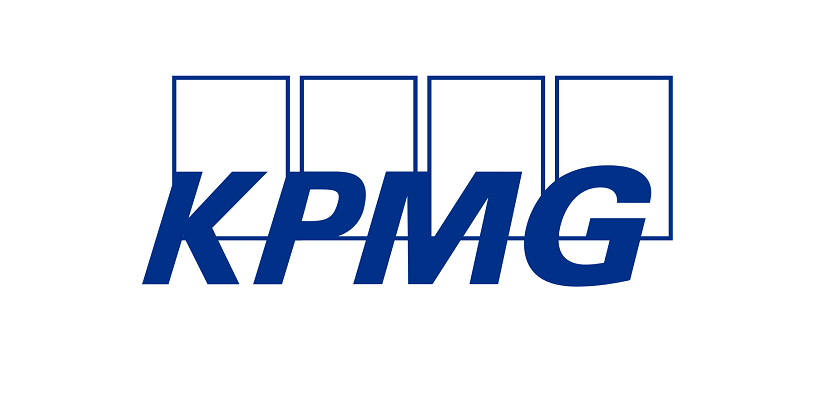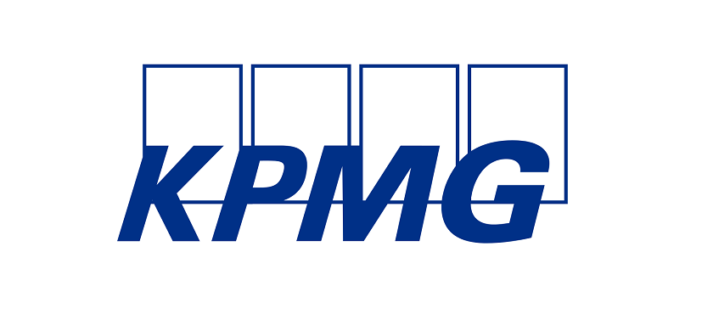
- Venture capital investment in Australian fintech grows by 153% year-on-year in first half of 2020
- US$376.5 million total VC investment recorded across 15 deals
- Fintech mergers and acquisitions (M&A) and Private Equity (PE) activity down in 2020 compared to bumper 2019
Investment in Australia’s fintech sector has accelerated in the first half of 2020, reaching US$376.5 million, a more than 150% increase on the corresponding period in 2019 (US$149.05 mil). However, a fall in M&A and PE activity caused total investment in Australian fintech to fall from US$1.3 billion in the first half of 2019 to US$548 million this year, according to the latest KPMG Pulse of Fintech report.
The biggest Australian fintech transactions recorded by the report in the first half of the year were Airwallex and Judo Bank, raising US$160 million in VC investment and US$146.6 million from PE investors respectively. Another area of Australian fintech that continues to gain investor and funding support is the ‘buy now, pay later’ or instalment finance sector, with Zip acquiring US-based QuadPay and China-based mega-giant Tencent buying shares in Afterpay. Through COVID-19, more merchants are looking to enhance their e-commerce/POS options for their customers who have shifted their purchasing their activities to online/mobile.
“Australia is showing itself to be a strong fintech hub globally, with solid investments in H1’20 despite rising pandemic concerns. As fintechs in Australia aggressively work to scale and maturity, they are expected to drive increasing investment in the space. Additional offshore acquisitions are also expected as fintechs target international growth,” said Dan Teper, KPMG Australia Partner and Head of Fintech.
“Government is also continuing to play a key role in supporting the growth of a vibrant fintech eco-system in Australia, and in particular during the COVID-19 pandemic. These positive investment numbers will no doubt be helpful to policymakers hoping to accelerate the emergence of the sector as a platform for global Australian companies. With other jurisdictions also looking to create fintech opportunities, we cannot afford to take our foot off the pedal,” he said.
During H1’20, a number of governments made big moves to push their fintech agendas forward. In March, Australia re-opened submissions to its Select Committee on Financial Technology and Regulatory Technology to better understand how COVID-19 has affected the sector and identify supports that can be rapidly deployed. At the same time, Hong Kong (SAR) introduced an ‘opt-in’ licensing program for Digital Asset Exchanges, and Singapore also introduced a licensing program for Digital Asset Exchange and platforms.
2020 Fintech Investment Global Highlights
- Global fintech investment is well behind 2019’s total investment of US$150.4 billion. At mid-year, total fintech investment globally is US$25.6 billion.
- The Americas accounted for the largest share of total fintech investment at mid-year, with US$12.9 billion investment. ASPAC saw US$8.1 billion in total fintech investment during H1’20, while EMEA saw US$4.6 billion in fintech investment.
- The Americas and EMEA are currently on track to see a new record annual high of VC investment in fintech. At the end of H1’20, the Americas had attracted US$9.3 billion in VC investment, Asia had attracted US$6.7 billion, and EMEA had attracted US$4 billion.
- Corporate VC participating investment remained very strong, accounting for US$12.2 billion in fintech investment globally. The US saw a record in VC deal value with corporate participation well over US$2.4 billion in Q1 2020; the following quarter nearly matched that same amount.
- M&A activity dropped in all regions of the world – a sharp decline due to the mega M&A activity seen during 2018 and 2019. During H1’20, global M&A deals accounted for US$4 billion globally, compared to US$85.7 billion in H2’19.
- Global investment in cybersecurity flew past 2019’s record high of US$592.3 million, reaching US$870.8 million.
“COVID-19 will be a key driver for fintech investment heading into H2’20 given the strong acceleration of digital trends – such as the use of contactless payments and the increasing demand for e-commerce and digital service models. This will also see strong investment in related enabling technologies – such as cybersecurity, fraud prevention and digital identity management,” said Ian Pollari, Global Fintech Co-Leader, KPMG.
“Over the remainder of 2020, we will likely see investors continuing to focus on late stage deals and safe bets given the current uncertainty. This could potentially create challenges for less mature fintechs which may find themselves running out of cash and struggling to raise additional funding. In H2’20, there will likely be an increasing number of opportunistic investments by corporates and PE firms looking for good deals,” he added.
Read the KPMG Pulse of Fintech report.





